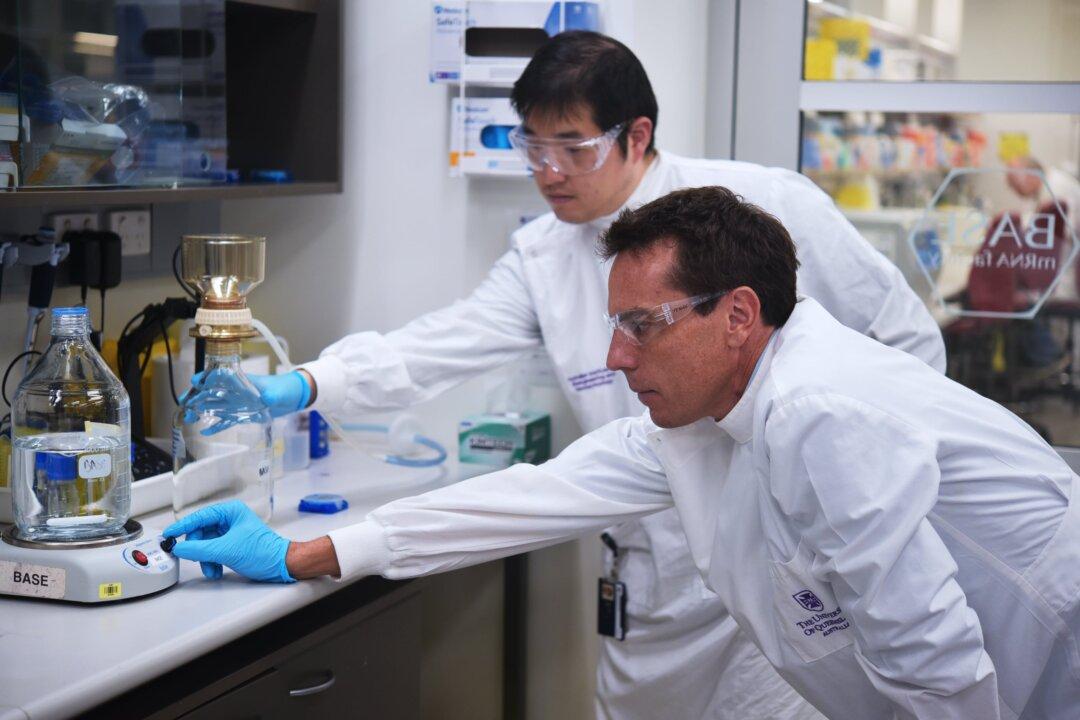mRNA vaccines and therapies for clinical trials will be produced at a laboratory in Queensland to prepare for a potential future pandemic.
The University of Queensland said “demand for mRNA continues to surge” and work is already underway at the lab.





